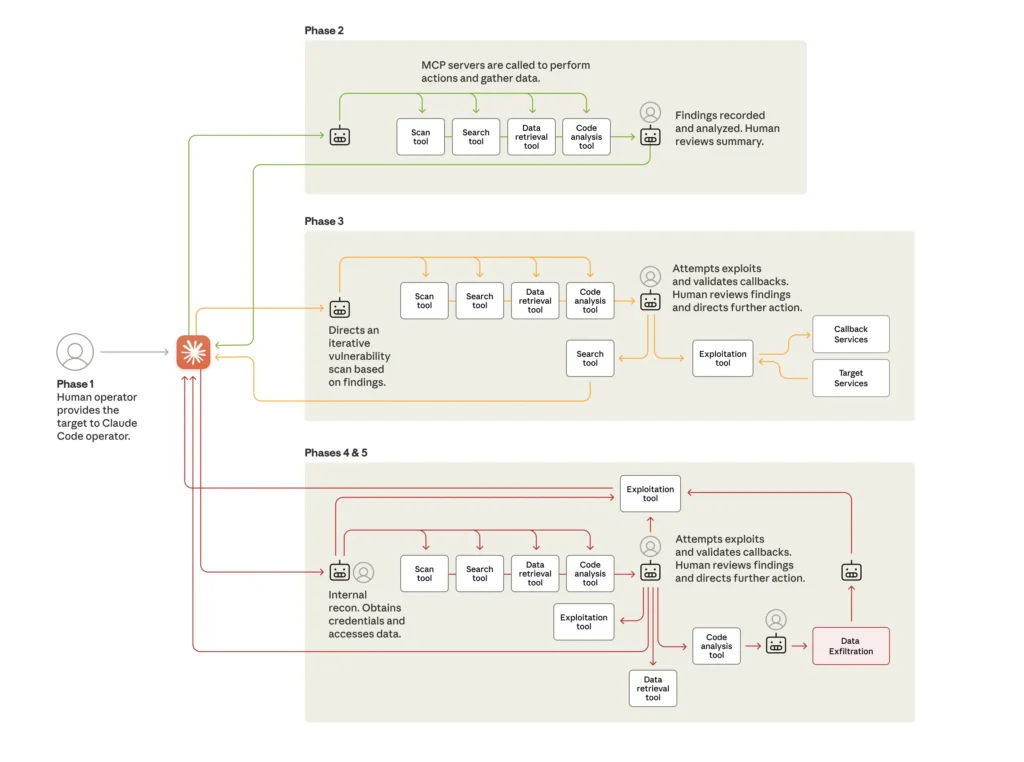Introduction to AI and Healthcare
The integration of Artificial Intelligence (AI) in healthcare has revolutionized the way medical professionals diagnose, treat, and manage patient care. AI has the potential to improve the accuracy and speed of diagnosis, personalize treatment plans, and enhance patient outcomes. In this article, we will explore the role of AI in healthcare, its applications, and the benefits it offers.
Enterprise Taxonomy: Understanding the Categories
The enterprise taxonomy in healthcare includes several categories, such as:
- AI: The use of machine learning algorithms and natural language processing to analyze medical data and provide insights.
- Population and Public Health: The application of AI to analyze population health trends, track disease outbreaks, and develop preventive measures.
- Analytics: The use of data analytics to interpret medical data, identify patterns, and predict patient outcomes.
- Care: The use of AI to enhance patient care, improve treatment plans, and provide personalized medicine.
- Data and Information: The management and analysis of large amounts of medical data to provide insights and improve healthcare outcomes.
Applications of AI in Healthcare
AI has numerous applications in healthcare, including:
Disease Diagnosis
AI-powered algorithms can analyze medical images, lab results, and patient data to diagnose diseases more accurately and quickly than human doctors.
Personalized Medicine
AI can help develop personalized treatment plans based on a patient’s genetic profile, medical history, and lifestyle.
Predictive Analytics
AI-powered predictive analytics can forecast patient outcomes, identify high-risk patients, and prevent hospital readmissions.
Benefits of AI in Healthcare
The integration of AI in healthcare offers several benefits, including:
- Improved Accuracy: AI-powered algorithms can reduce diagnostic errors and improve treatment outcomes.
- Enhanced Patient Care: AI can help develop personalized treatment plans and improve patient engagement.
- Increased Efficiency: AI can automate routine tasks, reduce administrative burdens, and improve clinical workflows.
Conclusion
The integration of AI in healthcare has the potential to revolutionize the way medical professionals diagnose, treat, and manage patient care. By understanding the categories of enterprise taxonomy and the applications of AI in healthcare, we can harness the power of AI to improve patient outcomes, enhance patient care, and reduce healthcare costs.
FAQs
- Q: What is AI in healthcare?
A: AI in healthcare refers to the use of machine learning algorithms and natural language processing to analyze medical data and provide insights. - Q: How can AI improve patient care?
A: AI can help develop personalized treatment plans, improve patient engagement, and enhance patient outcomes. - Q: What are the benefits of AI in healthcare?
A: The benefits of AI in healthcare include improved accuracy, enhanced patient care, and increased efficiency.











